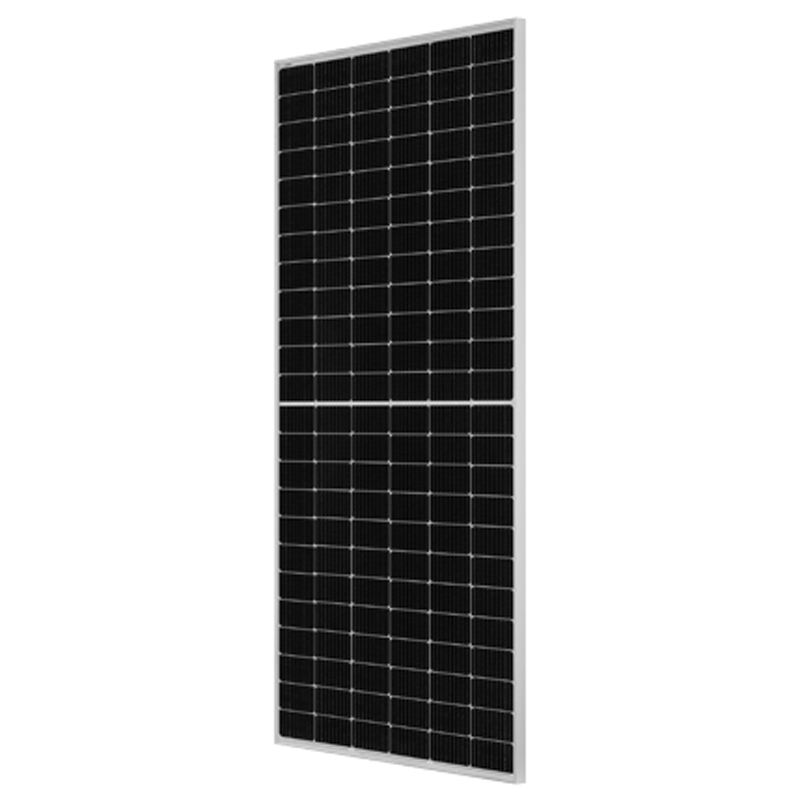The CEO of major snack food supplier, SnackBrands Australia, says his business would need 250 acres of solar panels to run properly and that would only last about six hours a day in ideal weather conditions.
SnackBrands Australia manufactures and sells brands such as Kettle, Cheezels, Natural Chip Co., and Thins and employs around 600 staff. The company is based in the west of Sydney, a major manufacturing hub. Hybrid Inverter Solar

CEO Paul Musgrave says the company will be forced to raise the price of its products in the new year to deal with a range of rising costs, including a spiking gas bill that has increased from $3 million (US$1.93 million) per year to $9 million this year (US$5.79 million).
“We actually had a contract with a long-term retailer for energy supply at about $1.60 per gigajoule and they went bust because of rising [wholesale] prices. Instantly we went onto the market and our price went to $45 per gigajoule,” he told 2GB radio on Nov. 9.
The company’s electricity bill has also increased—not by the same scale—from around $2 million a year to $3 million, but that is because they are locked into a long-term contract with a supplier.
Combined with the increased cost of ingredients like potatoes and corn, SnackBrands said that they will end up raising prices for the consumer.
“We’re looking somewhere like 30 to 50 cents a bag for potato chips in the new year,” he said. “Half of that price will just be [to cover] the energy costs.”
In the face of rising energy prices and cost of goods, the Labor government has continued to push hard for net-zero.
Energy Minister Chris Bowen has jetted off to join COP27 among new commitments to decarbonise the economy, including legislating net zero into law and rolling out $800 million in incentives to encourage electric vehicle take-up.
Read MoreRecklessly Charging Towards Net Zero Could Be Disastrous
Meanwhile, Musgrave said he was supportive of renewable energy, noting that half of SnackBrand’s electricity came from a solar panel farm in Wagga Wagga, but to replace the company’s entire gas usage was not economically feasible.
“We looked at a study, and it found 250 acres of solar panels were needed to supply enough energy to run for six hours a day, and even less if it’s a cloudy day.

48 Volt 100ah Lithium Battery “We really believe in renewables, but it’s just not practical for our high energy demands that only gas can fill.”